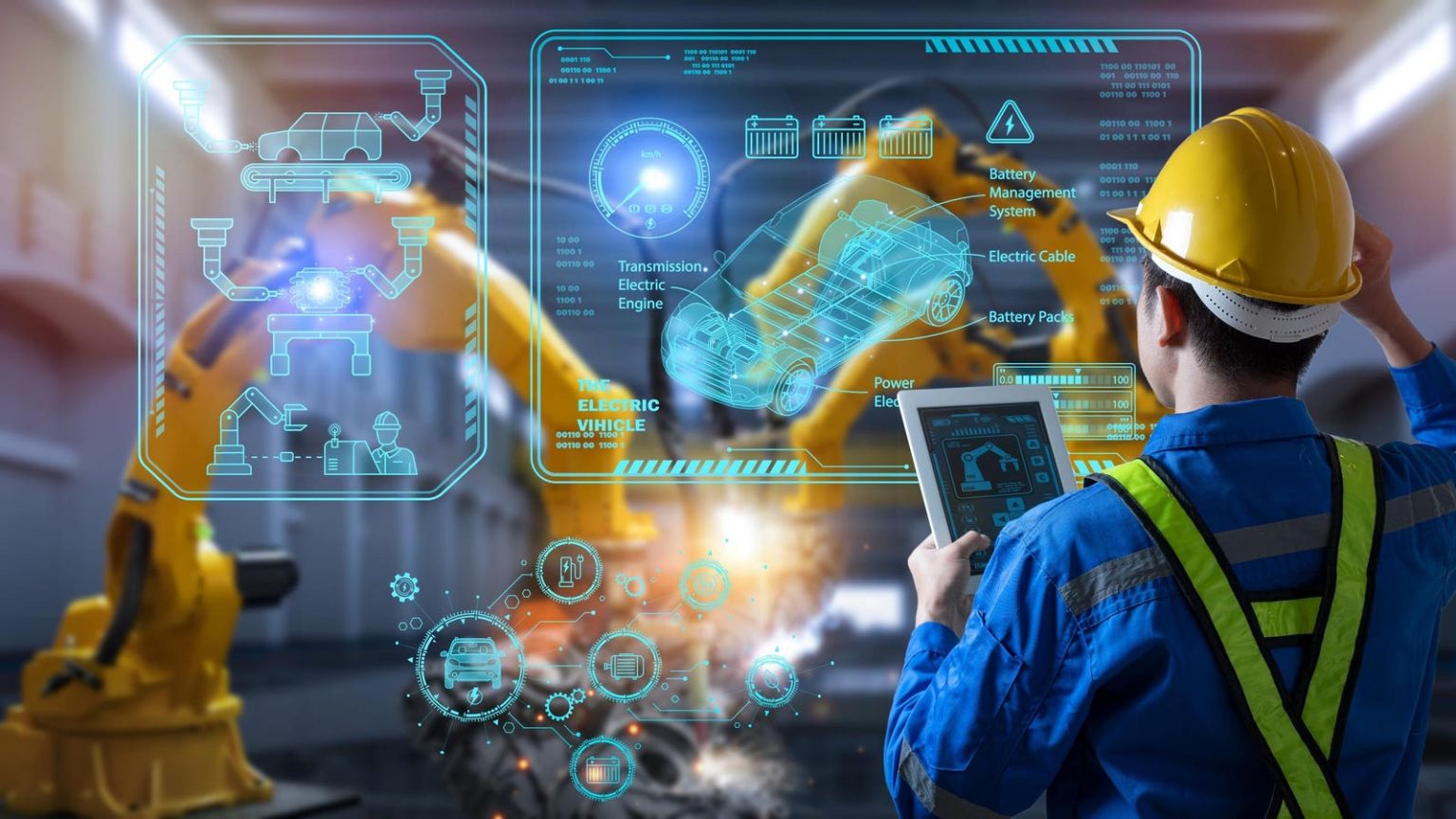Ujjwal Kumar, the Group President at Teradyne Robotics, is at the forefront of the evolution of AI-driven robotics in manufacturing. The roots of robotics in manufacturing can be traced back to the installation of Unimate, a groundbreaking robot, at a GM plant in 1962. Today, AI integration in manufacturing is set to revolutionize the industrial sector, with the development of advanced robots like cobots and AMRs equipped with AI that can adapt to new tasks in real-world situations.
However, there are challenges to the widespread adoption of AI in manufacturing. Traditional industrial robots excel at repetitive tasks on high-volume production lines, but struggle in environments with low-volume production and frequent variations. Manufacturers planning to incorporate AI need workers who understand both the physical processes of their industry and the complexities of AI. Finding workers with these combined skill sets can be a challenge, as AI technologies can often function as a black box, lacking transparency in their decision-making process.
Leadership and cultural transformation are key to successfully integrating AI and robotics in manufacturing. Business leaders must understand the potential benefits of this transformation and be willing to restructure processes and workflows to empower technology champions on the factory floor. Key characteristics of successful leaders in this space include being fast-learning and fast-evolving, courageous and collaborative, and passionate about operationalizing ideas.
The industrial sector, while historically conservative, has the potential to transform rapidly with the adoption of new technologies. Companies that thoughtfully integrate AI and robotics while prioritizing workforce development and organizational restructuring will have the highest chances of long-term success. Teradyne and NVIDIA collaborate to bring AI capabilities to automation applications, highlighting the importance of collaboration in scaling quickly in this new world of AI-driven robotics.
As technology continues to evolve at an unprecedented rate, the integration of AI and robotics in manufacturing will require leaders who can pivot quickly and collaborate with other technology players to build comprehensive solutions. The ability to select the right ideas, execute them efficiently, and maintain focus on delivering real customer value will be crucial for success in the new AI-driven robotics space. By embracing these changes and empowering technology champions within their organizations, companies can stay at the forefront of the evolving industrial sector.


